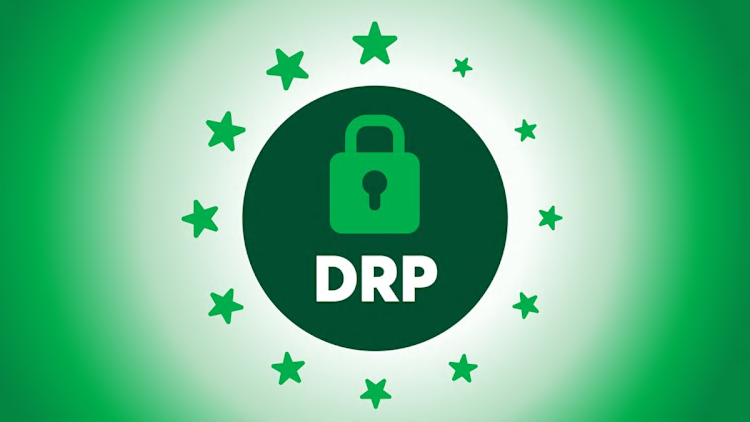Media Room
Consumer Reports and the Data Rights Protocol Consortium Achieve New Milestone in Standardizing and Streamlining Data Rights Requests

A consortium of 12 privacy compliance tech companies, led by Consumer Reports, announced today the release of Data Rights Protocol (DRP) version 1.0. This protocol has been in development for nearly four years and serves as a major advancement for privacy rights in the United States.
Under DRP version 1.0, companies now have a working protocol for transmitting, receiving, and actioning consumer privacy requests under the California Consumer Privacy Act (CCPA) and other state privacy laws. OneTrust, Transcend, Yorba, and Consumer Reports’ privacy app Permission Slip also announced today that they have implemented the DRP in their systems and are working to move it to production.
The consortium, which launched in October 2021, was conceived to standardize the exchange of data rights requests, making existing state laws such as the CCPA more workable and effective for businesses and consumers. The newest version of the DRP will streamline and systematize how data rights requests are handled, providing more consistency and efficiency for both consumers submitting requests and companies processing them.
“Overall, we are one step closer to creating a world where navigating data rights is seamless for consumers and easier and more consistent for companies,” said Ginny Fahs, Director of Product R&D at Consumer Reports. “Fourteen states now enforce comprehensive privacy laws, and six more states have privacy laws scheduled to take effect over the next two years. A standardized way to exchange data rights requests is essential as millions of Americans begin to exercise their new privacy rights. We believe the DRP will empower companies, authorized agents, and privacy infrastructure providers to build a stronger, more efficient privacy ecosystem for both consumers and businesses.”
“The DRP paves the way for more seamless, simple, and standardized digital privacy,” said Ryan Edge, Director of Strategy at OneTrust. “As more individuals are granted and exercise their privacy rights, responding to data rights requests is not just a compliance requirement, but a way for organizations to build trust and demonstrate they are using data responsibly. This launch marks significant progress in improving data rights experiences for consumers and businesses alike.”
“We believe that privacy remains a fundamentally unsolved problem inside companies. Most have neither a clear view of their data, nor effective privacy controls embedded directly into their systems,” said Ben Brook, CEO and co-founder of Transcend. “It’s vitally important that companies have a way to navigate the complexities of data rights requests, and that individuals have a way to easily control who has their data, which is why we’re proud to be a part of this consortium and are working alongside this group to bring the DRP to fruition.”
“The launch of DRP 1.0 is a significant step toward improving privacy rights and making it easier than ever for people to declutter their online lives,” said Chris Zeunstrom, Founder and CEO of Yorba. “At Yorba, we believe managing your digital footprint and exercising your data rights should be simple, secure, and effective. This protocol empowers individuals to take control of their data while giving businesses the tools to handle privacy responsibly.”
This milestone comes as the state of California is about to develop a mechanism to give consumers a one stop shop for deleting their personal data from data brokers through the Delete Act. Similarly, the DRP aims to remove barriers for consumers looking to exercise their data privacy rights.
Media Contacts
About Consumer Reports
Founded in 1936, CR has a mission to create a fair and just marketplace for all. Widely known for our rigorous research and testing of products and services, we also survey millions of consumers each year, report extensively on marketplace issues, and advocate for consumer rights and protections around safety as well as digital rights, financial fairness, and sustainability. CR is independent and nonprofit.
© 2026 Consumer Reports. The material above is intended for legitimate news entities only; it may not be used for advertising or promotional purposes. Consumer Reports® is an expert, independent, nonprofit organization whose mission is to work side by side with consumers to create a fairer, safer, and healthier world. We accept no advertising and pay for all the products we test. We are not beholden to any commercial interest. Our income is derived from the sale of Consumer Reports® magazine, ConsumerReports.org® and our other publications and information products, services, fees, and noncommercial contributions and grants. Our Ratings and reports are intended solely for the use of our readers. Neither the Ratings nor the reports may be used in advertising or for any other commercial purpose without our prior written permission. Consumer Reports will take all steps open to it to prevent unauthorized commercial use of its content and trademarks.